Qantas looks to Apple to solve lost luggage dilemma
The airline is leaning on Apple to help it shorten the time it takes to find lost luggage, which can be up to three days for domestic passengers.
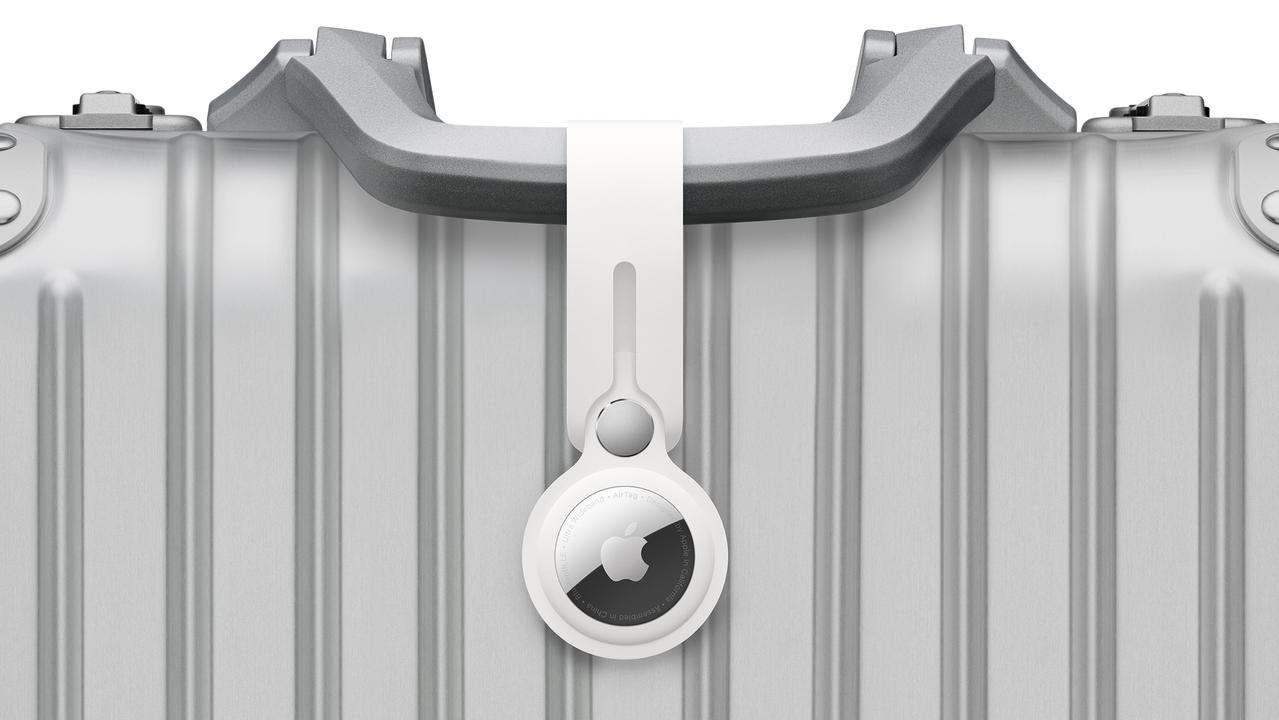
Australia’s largest airline will lean on Apple to help it find lost luggage or at least shorten the time it takes to recover it, which can be up to three days for domestic passengers.
Qantas is one of 15 airlines which are now able to receive tracking information from passengers via Apple’s AirTags and Find My technology, which can temporarily share the location of Bluetooth tracking devices stored in suitcases and other luggage.
The partnership arrives as tech-savvy passengers are increasingly scrutinising airlines over their baggage recovery processes, with passengers often knowing the exact location of their suitcases long before airlines with the help of tracking devices made from Apple, Samsung and Tile to track their items.
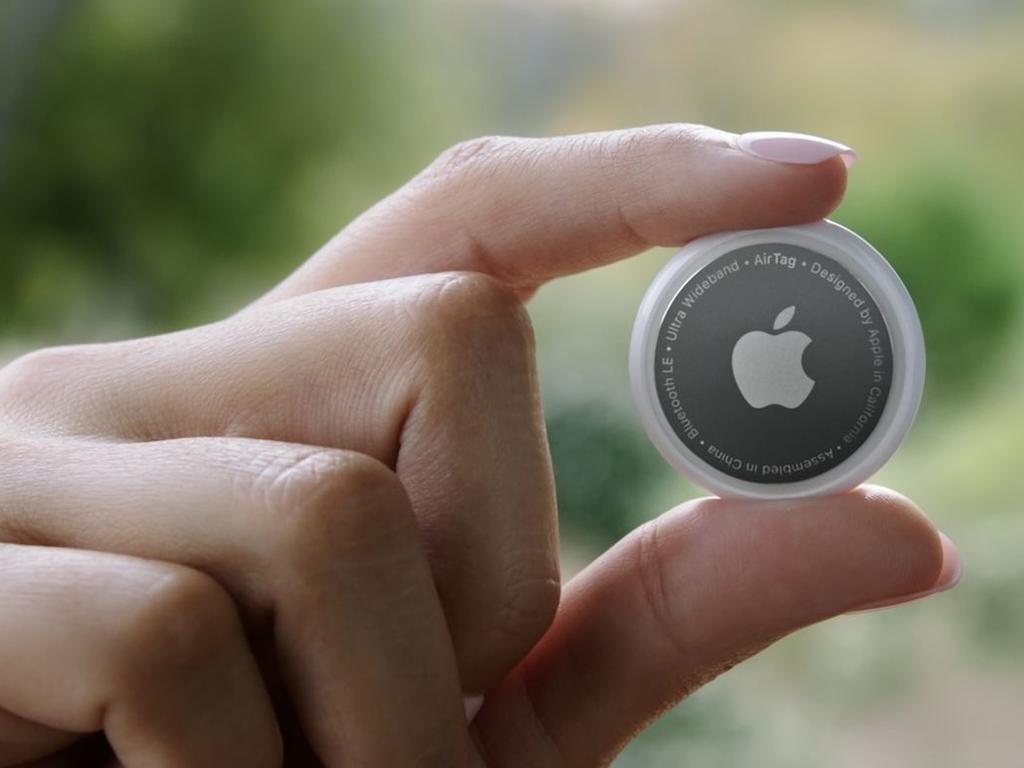
The affair is also a costly one, with Qantas providing compensation of up to $100 per day for passengers whose bags don’t arrive on time as well as having to pay private contractors and couriers to race across different cities delivering suitcases to hotels, Airbnbs and passenger’s homes.
The airline’s chief customer and digital officer Catrion Larritt told The Australian while the airline had attempted to amped its efforts to reduce baggage going missing, it knew it had more to do.
“Over the past 12 months, as part of our significant investments in improving the customer experience, we’ve seen a material improvement in the time it takes to recover mishandled bags, but we know there’s more work to do,” she said. “In the coming months, we’ll be able to locate customer bags faster by using Apple’s Find My feature.”
Both Qantas and Virgin have attempted to ease tension with customers via the rollout of baggage tracking features in their mobile apps, which notify passengers when their baggage arrives at the airport.
But these features do little to help when baggage goes missing, with Qantas using individual files numbers assigned to baggage recovery teams to handle the process.
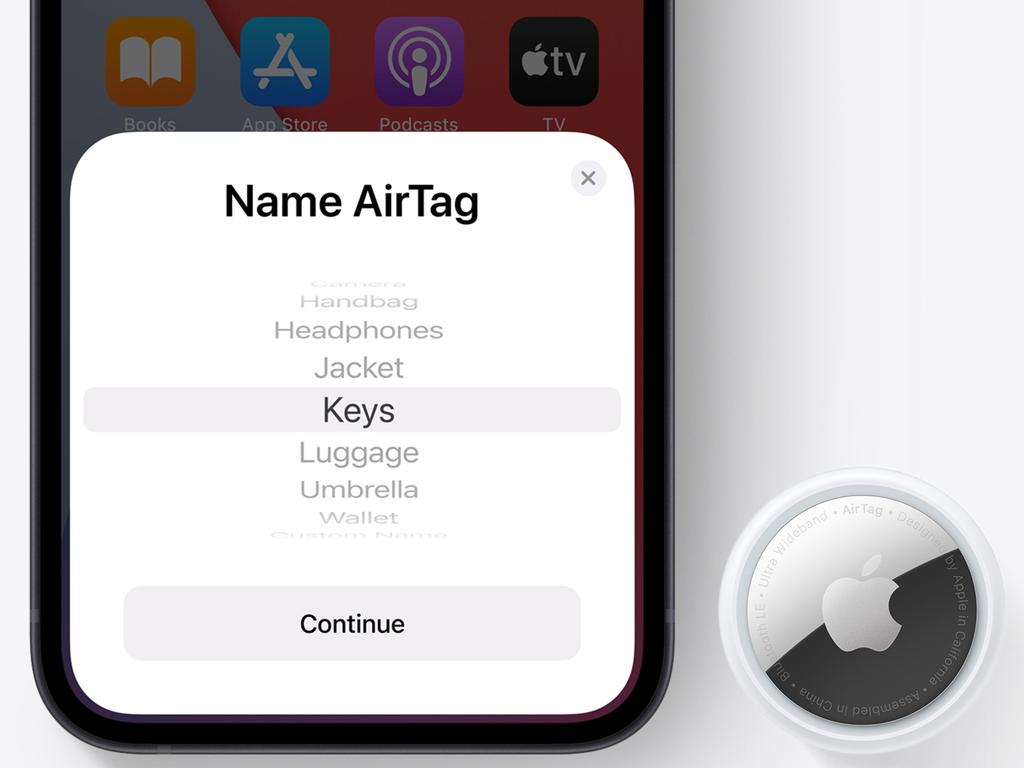
It is understood that most issues related to lost baggage arrive during connecting flights, with suitcases often getting missed in transit.
Qantas claims that 95 per cent of luggage from domestic flights is recovered within 72 hours. That figure drops to 90 per cent on international flights.
The airline was one of 15 including British Airlines, Air New Zealand, United and Delta who from last week were able to receive the location of AirTags from customers.
The service is part of an Apple’s iOS 18.2 beta which can create a temporary link that shares the location of that AirTag or devices with Find My built, including Segway electric scooters. It does not work when an AirTag is detected close to the owner.
Apple vice president of services, Eddy Cue, said travel one was of the most popular use cases for AirTags.
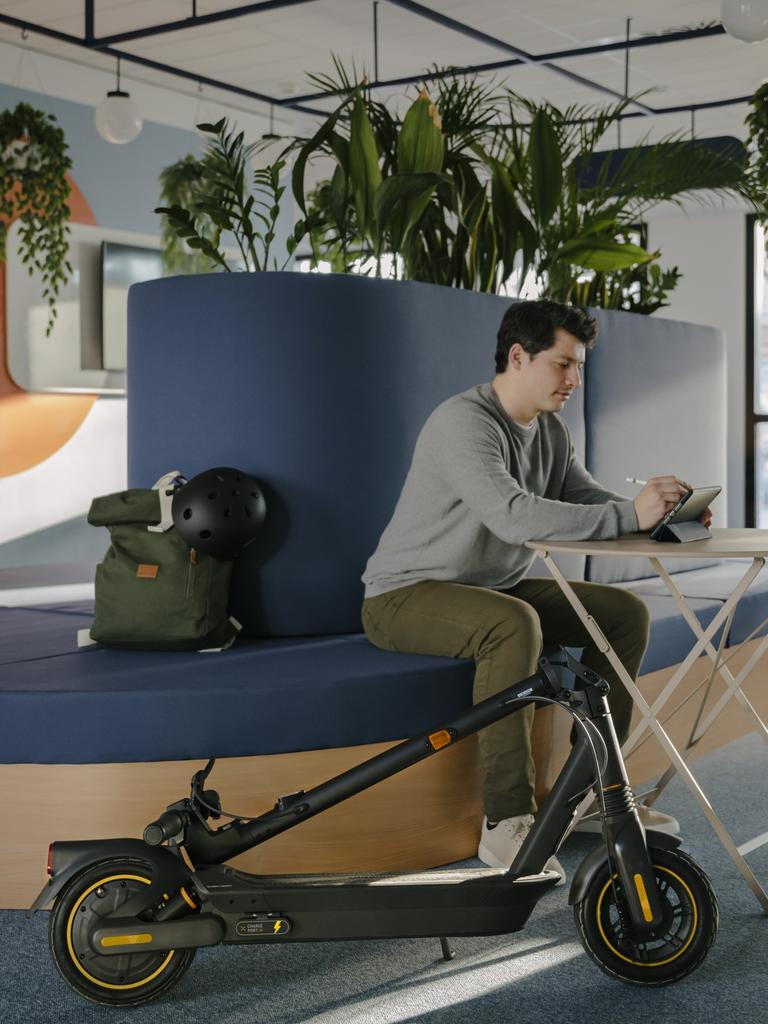
“The Find My network and AirTag have proven to be a powerful combination for users while travelling, providing invaluable location information when bags have been misplaced or mishandled,” he said.
“With Share Item Location, we’re excited to give users a new way to easily share this information directly with third parties like airlines, all while protecting their privacy.”
Bluetooth tracking is beginning to boom world over with the technology now used to track smart devices as well pets.
Other major competitors in the space include Samsung and Tile, owned by Life3650, which recently announced its expansion into the aged care space.
Apple said users would be able to share the location of AirTags placed in luggage via a link that would, if not cancelled earlier, expire in seven days.
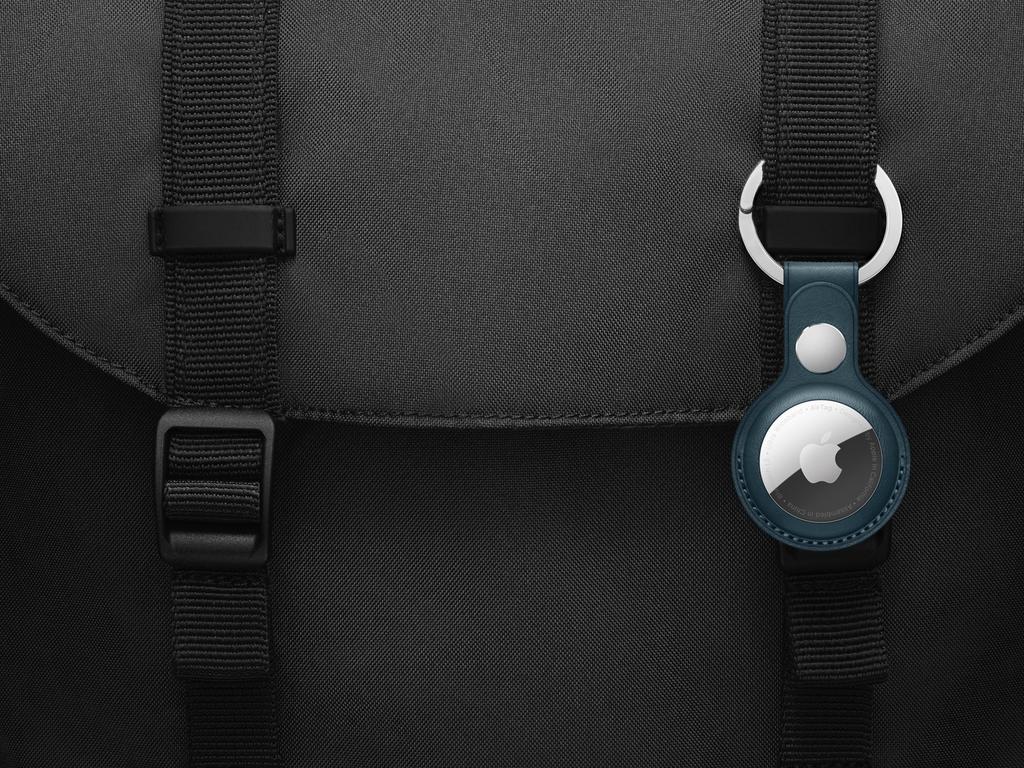
Other airlines leveraging the technology include Aer Lingus, Air Canada, Air New Zealand, Austrian Airlines, British Airways, Brussels Airlines, Delta Air Lines, Eurowings, Iberia, KLM Royal Dutch Airlines, Lufthansa, Singapore Airlines, Swiss International Air Lines, Turkish Airlines, United and Virgin Atlantic.






To join the conversation, please log in. Don't have an account? Register
Join the conversation, you are commenting as Logout